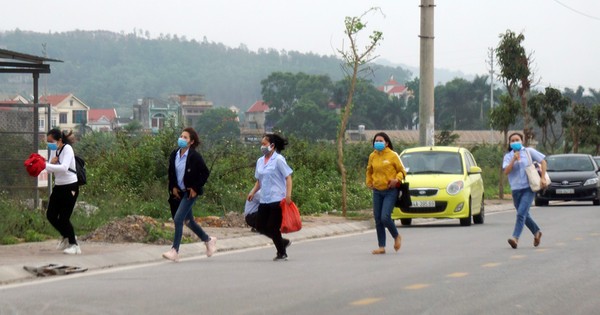EU number one supplier of COVID-19 vaccines to the world
The EU continues to be the leading provider of vaccines around the world. Six weeks into the existence of this mechanism, 249 export requests to 31 different countries* have been granted for a total of 34,090,267 doses, as they did not threaten the contractual engagements between the EU and the vaccine producers. Only one export request was not granted. The main export destinations include the United Kingdom (with approximately 9.1 million doses), Canada (3.9 million), Mexico (3.1 million), Japan (2.7 million), Saudi Arabia (1.4 million), Hong Kong (1.3 million), Singapore (1 million), United States (1 million), Chile (0.9 million) and Malaysia (0.8 million).
Highlights, press releases and speeches

ec.europa.eu
(VN nhận được hơn trăm nghìn liều AZ không kể vào).
Trong khi đó đại sứ UK tại một nước thế giới thứ 3 thì phát biểu nhân dịp nước này nhận được vắc xin AZ:
“Vắc xin phòng COVID-19 của AstraZeneca và Đại học Oxford là một ví dụ điển hình của nền khoa học và sự đổi mới, sáng tạo của Vương quốc Anh".
(ĐCSVN)- Theo thông tin từ Bộ Y tế, sáng nay hơn 117.000 liều vắc xin phòng COVID-19 đầu tiên về đến sân bay Tân Sơn Nhất, TP. Hồ Chí Minh.
dangcongsan.vn
Có lẽ, EU sẽ không dùng vắc xin AZ nữa. Có lẽ vì thế nó sẽ dễ tiếp cận hơn đối với Việt Nam?






